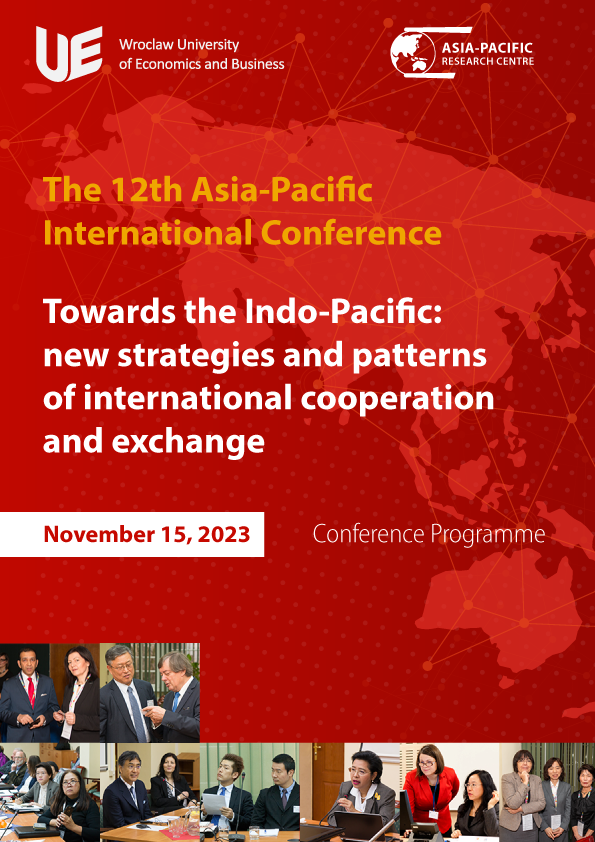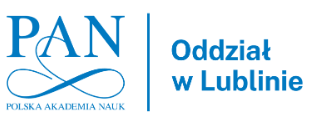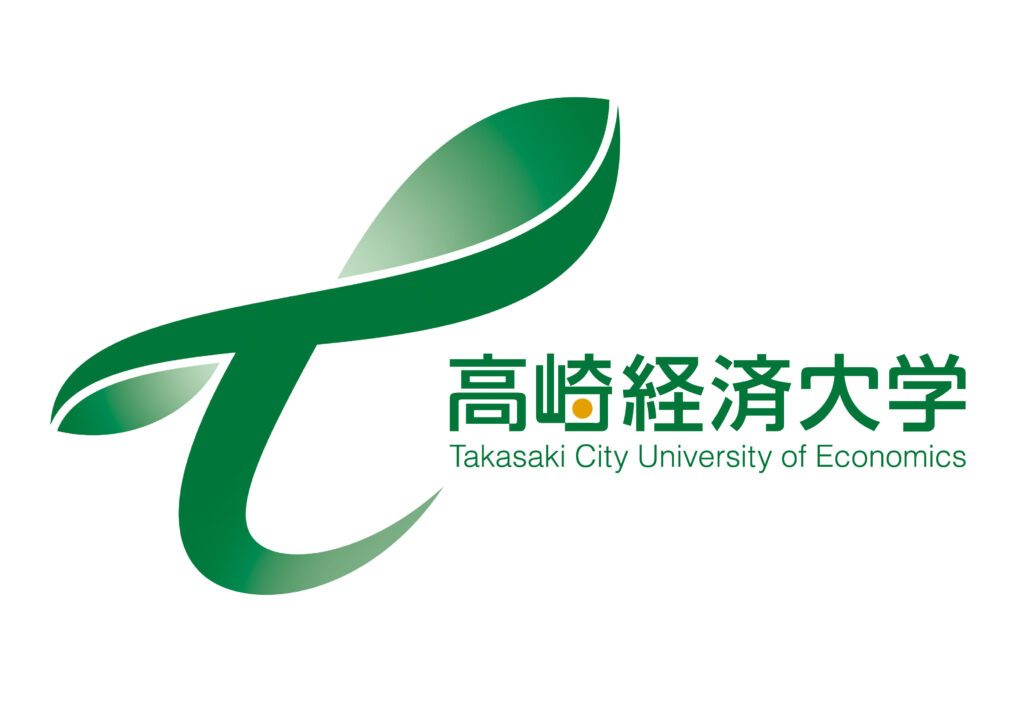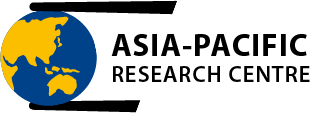Digital Session I (with presentations and discussion)
Zoom meeting: https://zoom.us/j/86378008193
Chair: dr Maria Knecht-Tarczewska, Wroclaw University of Economics & Business, Poland
| EU-Korea Digital Partnership: A New Era for Bilateral Partnership?, Dr. Saewon Chung, Pukyong National University in Busan, South Korea | The European Union and Korea have formed a digital partnership to boost trade, investment, and sustainable economic development. The partnership focuses on 11 core areas: 1. Joint research, 2. Semiconductors, 3. Ultra High-Performance computing and quantum technologies, 4. Cybersecurity and trust, 5. Next generation 5G and 6G, 6. Human competency, human resource exchange, and digital inclusion, 7. Artificial intelligence, 8. Online and digital platform cooperation, 9. Data-related laws and systems, 10. Digital identity and trust services, and 11. Digital trade. The first digital partnership council was held in Seoul in June 2023, focusing on six prioritized areas. They are: 1. Semiconductors, 2. HPC and Quantum technology, 3. Cybersecurity and trust, 4. Beyond 5G and 6G, 5. Artificial Intelligence, and 6. Online and Digital Platforms. This partnership certainly bears a huge potential for both sides in terms of economic, political, and social partnership. This partnership will also intensify and deepen the degree of cooperation further. In order to enhance cooperation, the two countries should recognize the importance of new global partnerships, focus on technological innovation, tackle common challenges, involve relevant businesses, governments, and interest groups, and establish a global impact. |
| Major Powers Struggle in the Bay of Bengal: Analysis from the Bangladeshi perspectives, Dr Sujit Kumar Datta, University of Chittagong, Bangladesh | The Bay of Bengal has emerged as a focal point of geopolitical interest, witnessing a significant power struggle among major nations in the contemporary era. This research, titled „Major Powers Struggle in the Bay of Bengal: Analysis from the Bangladeshi Perspectives,” aims to provide an in-depth examination of this evolving geopolitical landscape with a specific focus on Bangladesh. The research employs a multi-faceted methodology to comprehensively analyze the major powers’ struggle in the Bay of Bengal. It combines qualitative and quantitative approaches, including literature reviews, policy analysis, interviews with key stakeholders, and data-driven research. The study draws upon primary and secondary sources to create a holistic understanding of the issue. This research elucidates the intricate geopolitical dynamics at play in the Bay of Bengal, emphasizing the roles of major powers such as India, China, and the United States. It examines their strategic interests, alliances, and rivalries in the region and how these factors impact Bangladesh. The study delves into the security implications of the major powers’ struggle for Bangladesh. It assesses the implications of maritime disputes, military build-ups, and power projection activities in the Bay of Bengal region on Bangladesh’s national security. The study contributes to a deeper awareness and understanding of the evolving geopolitical dynamics in the Bay of Bengal among policymakers, scholars, and the general public in Bangladesh. It facilitates informed decision-making in the realm of foreign policy and national security. Through its rigorous research methodology, compelling arguments, and practical outcomes, this study contributes significantly to the understanding. |
| Miracle on the Han River – can we still learn from Korean experience? A sustainable development perspective Magdalena Szymczak, University of Economics in Katowice, Poland | In recent years, several crises have been seen in the global context, such as the COVID-19 pandemic crisis or geopolitical crises, such as the war in Ukraine or Israel. All of these remain not insignificant for national economies. One of the countries with the most impressive history of recovering from economic crises is South Korea, which went from being a country completely destroyed after the Korean War to being the country with the most innovative economy, according to the Bloomberg Index in 2021. However, is it really legitimate to call Korea’s economic development a miracle? If so, who is its author, and can universal conclusions be drawn? |
| Transformation of the automotive industry in Germany and Japan towards achieving net-zero emissions in mobility, Dr. Anna Maria Dzienis, Dr. Katarzyna Kamińska and Dr. Artur Franciszek Tomeczek, SGH Warsaw School of Economics, Poland | Under the pressure of the international environment, governmental institutions, and new technological solutions developed and implemented by companies, socio-technological systems, and functions that provide, for example, mobility are faced with the necessity of “transitioning” to new solutions enabling carbon neutrality. The consequences of this process will depend on the commitment of the entire society, especially the government and industry representatives, as well as innovative companies. This implies not merely a “transition” but a profound transformation towards “green” mobility and, consequently, deep structural changes. The course of this transformation is influenced by the specific context of each country, particularly its institutional framework, socio-economic order, macroeconomic trends, and innovation activity. Geopolitical considerations are not insignificant. A crucial aspect is the development of a long-term strategy for a socio-technological transition that considers the dynamics of interactions between institutional actions and corporate activities. We contribute to this discussion by addressing the following research questions: • Where does the pressure for change in the automotive industry of the countries under study come from? • What factors, whether on a national or international level, will exert the most significant impact on change? • What model of transitioning to a low-carbon economy is emerging in the automotive industries of both countries? Which green technologies are considered priorities, and what are the intended outcomes of these transformations, if any? The study utilizes case studies and patent analysis and seeks to identify and compare the approaches used to achieve zero-emission mobility in both economies. |
| The situation of Afghan refugees in Poland, Dr. Beata Pietkiewicz-Pareek, University of Wrocław, Poland | The aim of the speech is to show the situation of Afghan refugees in Poland, in particular their marginalization. This is mainly due to the migration policy pursued by Poland, which leads to the waste of the economic and social potential of the Afghan community. Afghans evacuated in August 2021 are people from the economic and social elites holding high official and business positions in their country. In Poland, they struggle with poverty and misunderstanding, mainly due to the non-recognition of their university diplomas and loss of property due to the freezing of bank funds by the United States government. |
| Comparative Advantage and the Knowledge-Based Economy. Experiences from Polish-Chinese trade, Dr. Dominika Choroś-Mrozowska, Cracow University of Economics, Poland | The aim of this study was to identify trade patterns between Poland and China in the context of the theory of comparative advantage and the knowledge-based economy. The central question was to answer whether Poland has strengthened its competitive advantage in any product categories through recorded increases in normalized revealed comparative advantage (NRCA), using the modified indicator version. The approach of the above analysis enabled the conducted research to assess whether Poland’s trade with China, especially those in the field of high technology, was carried out in accordance with the theory of comparative advantage during the analyzed decade (2013 – 2022). |
| Small states towards U.S China global contest on Pacific, Dr. Marcin Wałdoch, Kazimierz Wielki University, Poland | I will try to explain small states (like Nauru, Fiji, Solomon Islands, etc.) stance towards the U.S.-China global contest on the Pacific. My intention is to highlight, from a critical perspective, geopolitical projects, like the Indo-Pacific and Belt and Road Initiative from small Pacific island countries. |
| The Regulatory and Operational Landscapes of Multinational Digital Platforms in Indonesia Aleksandra Falba, Wroclaw University of Economics & Business, Poland | The presentation concentrates on the proliferation of digital platforms, which have transformed business models worldwide through the establishment of networked, transnational structures across various sectors, including social media, search engines, media streaming, and online marketplaces. It specifically examines the Indonesian landscape, a burgeoning market with over 270 million consumers and rising internet connectivity, where digital platforms are witnessing significant growth. Recognizing the economic and socio-cultural benefits of this digital expansion, the Indonesian government enforces robust regulations to maintain digital sovereignty, protect consumers, and ensure equitable contributions to the national economy from both domestic and international digital entities. Multinational companies operating in Indonesia fall into three categories: global giants from Western economies, regional platforms within Southeast Asia, and local Indonesian businesses scaling up internationally. The presentation outlines Indonesia’s regulatory environment and operational prerequisites for digital platforms and explores the dominant players in this digital domain. It provides an analysis of their market penetration, user demographics, and strategic adaptations tailored to Indonesia’s unique digital ecosystem. The discourse includes a critical assessment of Indonesia’s digital policies, data sovereignty, censorship issues, and the dynamic between global, regional, and local digital enterprises. Finally, it underscores the need for adaptability and innovation for digital platforms to succeed in the complex and evolving Indonesian regulatory and cultural framework. |
| Questions & Discussion |














